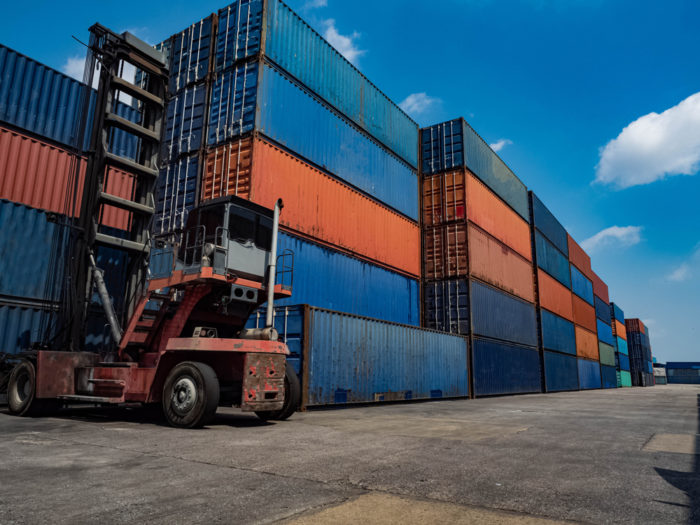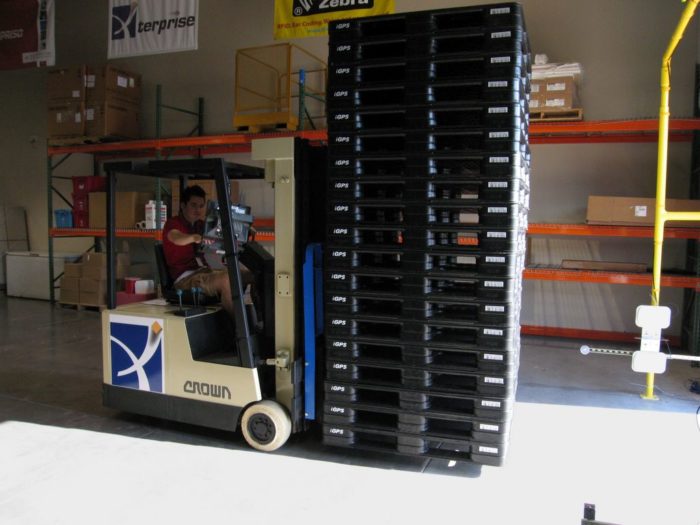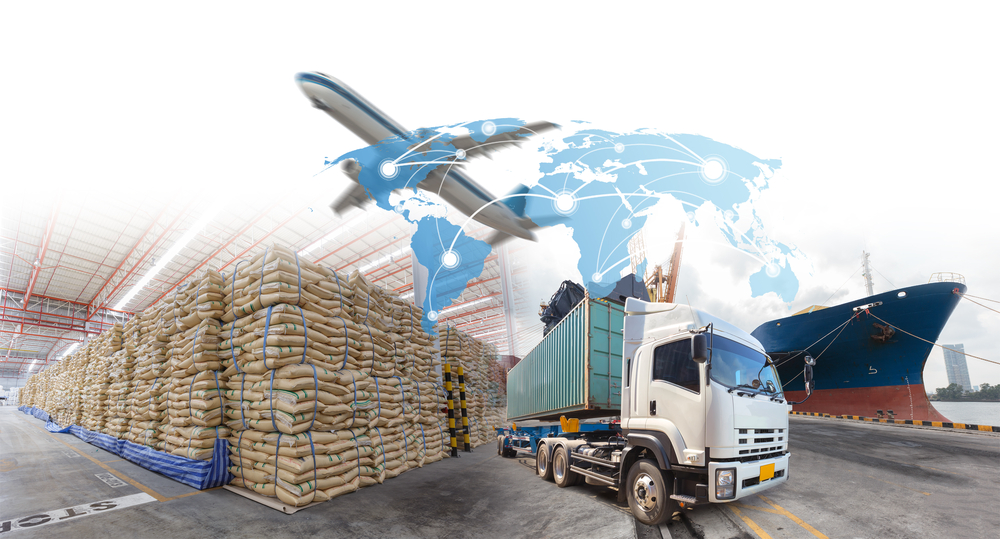People are often delighted to see a favorite childhood treat on the shelf of their local grocery store—and shocked at how expensive it is now. While factors like inflation, taxes, and regulations play a role in the prices of everyday food and consumer items, they are not the only forces at work. It takes a surprising amount of effort to make something as simple as a candy bar, and even more effort to get that candy bar onto a grocery store shelf.
Total supply chain management cost refers to the sum total cost of the effort it takes to make a product and get it to market. Logistics managers are some of the only ones who thoroughly understand the many challenges—and costs—of managing the supply chain to get products to market.
Understanding Total Supply Chain Management Cost
Total supply chain management costs can be hard to calculate. Consider a candy bar. It might use chocolate grown in South America or Africa along with sugar and nuts grown in similar tropical locales. The milk and flour, on the other hand, most likely comes from the American midwest. Rarely do companies own the production or refining facilities for any of these products. Instead, they purchase these ingredients as bulk commodities whose prices fluctuate with seasonal growing conditions, transportation costs, and labor costs.
Since the costs of these ingredients are largely outside of the purchaser’s control, an unexpected spike in the costs of raw materials can force a manufacturer to raise its prices. However, companies have more control over their internal manufacturing and transportation. Lowering total supply chain management costs, therefore, should focus on keeping these costs as low as possible through greater efficiencies.
Reducing the Total Cost of Business Through Logistics Efficiency
 The portion of the supply chain that companies directly control is more likely to yield opportunities for lowering total supply chain management costs. However, it’s not easy to bring these costs down. Companies tend to work with a broad range of partners, even in their own domestic markets. For example, many grocery manufacturers depend on railroads and trucking companies to deliver their products. Rising labor and fuel prices have increased transportation costs for supply chains.
The portion of the supply chain that companies directly control is more likely to yield opportunities for lowering total supply chain management costs. However, it’s not easy to bring these costs down. Companies tend to work with a broad range of partners, even in their own domestic markets. For example, many grocery manufacturers depend on railroads and trucking companies to deliver their products. Rising labor and fuel prices have increased transportation costs for supply chains.
Reducing product packaging and shipping equipment weight also reduces the maintenance costs of machines like forklifts and stacker cranes.
Despite the complexity of supply chains and their costs, some best practices, such as reduced shipment weights, are easy to visualize and can lower costs across the board. Reducing the weight of products and their shipping equipment offers the following cost-saving benefits:
- Reduced Fuel Costs: This benefit is perhaps the most obvious. Lowering the weight of a load reduces the amount of fuel needed to move it and the cost of purchasing that fuel, ultimately lowering the cost of product transportation. This can be done most easily by reducing the weight of a product’s packaging or the shipping equipment, such as pallets, used to carry the products.
- Lower Maintenance Costs: Reducing product packaging and shipping equipment weight also reduces the maintenance costs of machines like forklifts, stacker cranes, and automated conveyors. Less weight places equipment under less strain and reduces the chance that a piece of machinery will experience a critical failure.
- Employee Safety: Reducing load weight can improve employee safety overall because it means that loads tend to be easier to handle. This reduces interruptions such as staffing issues and can help keep the total cost of business (TCOB) low over time.
Weight reduction can not only lower total supply chain management costs significantly over time, it can also support supply chain sustainability by reducing greenhouse gas emissions. Small efficiency improvements like this can add up for your business.
How Plastic Pallets Reduce Total Cost of Business
 There is no single simple way to lower supply chain management costs. However, reducing the weight of your product shipments is one change that can make a difference in your total costs, and switching to plastic pallets can help. At less than fifty pounds, these shipping platforms weigh far less than traditional wood block pallets. This lighter weight reduces the total fuel costs involved in shipping semi-truck loads and makes pallets and pallet loads easier to handle for both employees and equipment without requiring a product packaging redesign. Plastic pallets have many other benefits that can also contribute to lower total supply chain management costs, such as:
There is no single simple way to lower supply chain management costs. However, reducing the weight of your product shipments is one change that can make a difference in your total costs, and switching to plastic pallets can help. At less than fifty pounds, these shipping platforms weigh far less than traditional wood block pallets. This lighter weight reduces the total fuel costs involved in shipping semi-truck loads and makes pallets and pallet loads easier to handle for both employees and equipment without requiring a product packaging redesign. Plastic pallets have many other benefits that can also contribute to lower total supply chain management costs, such as:
- Durability: The durability of a plastic pallet is superior to that of a wood block or wood stringer pallet. This additional strength helps to reduce product damage that results from pallets wearing out or breaking during handling in the supply chain. This keeps overhead costs predictable and low.
- Cleanliness: One side effect of the durability of plastic pallets is a reduction in the number of splinters, loose nails, and other debris that accumulates in warehouses due to wear and tear on wood pallets. This frees staff from having to clean up these items and makes employee injury, machinery damage, and product damage due to splinters and nails less likely.
- Consistency: Plastic pallets are engineered so that their dimensions are consistent as well as their weight. This makes them more predictable for use with automated equipment such as automated storage and retrieval systems (ASRS) and palletizers, and helps ensure that automated processes proceed smoothly.
Renting plastic pallets from a pallet pooling company outsources the responsibility of maintaining, storing, and managing an inventory of pallets.
Overall, plastic shipping platforms offer one of the simplest ways to lower total supply chain management costs over time. Renting plastic pallets from a pallet pooling company outsources the responsibility of maintaining, storing, and managing an inventory of pallets, which further reduces your business’ total cost of business. While there is no single solution to the challenge of lowering supply chain costs, plastic pallets offer a long-term way to save money on almost every transaction in the supply chain.
The iGPS plastic rental pallet is a long-lasting, reusable, and recyclable shipping pallet that combines outstanding durability with a very light weight. Maximize efficiency and start lowering total supply chain management costs by giving our team a call at 1-800-884-0225, emailing a specialist at switch@igps.net, or visiting our contact page.



